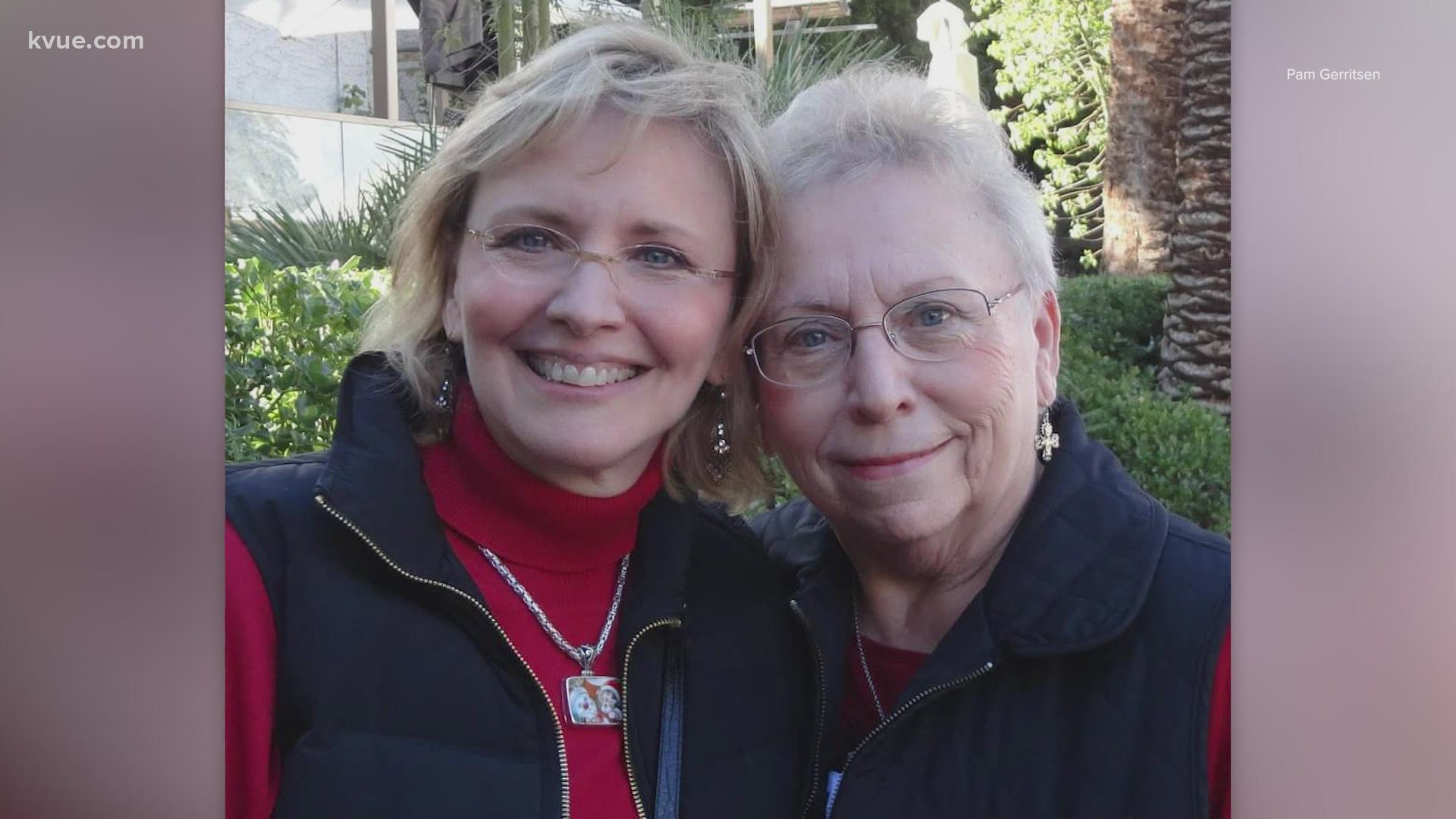BASTROP, Texas — As people across the U.S. maneuver through their second year of new routines and a new way of living life due to the pandemic, many more people are taking on the responsibility of caring for their loved ones, especially those with dementia.
To help support these families, Baylor Scott & White Health (BSW) is offering free virtual programs through its Research Institute to help families across Texas improve their support for loved ones with dementia.
Through the Baylor Scott and White Online Caregiver Study, researchers are using these programs to develop and test different ways of supporting dementia caregivers.
GamePlan4Care and Resources4Care are two programs that offer hundreds of resources including instructional and informational videos, articles and even trained dementia care specialists who caregivers can reach out to if they need one-on-one support.
According to a study published by Health Affairs, 83% of long-term care is provided by a family member or unpaid helpers.
Bastrop County resident Pam Gerritsen started taking care of her mother when she developed dementia a few years ago.
"I didn't understand at first why she was doing what she was doing. And I was reading everything I could read about dementia," she said.
Gerritsen said she would often accidentally leave her mom in dangerous situations that she did not know put her mother at risk.
After not getting far with her own research – and with her stress growing – she signed up for BSW's study to get access to the free programs.
The programs have not only taught her better ways to care for her mom but also how to give herself a break so she could continually manage this care.
"Even if you may not have a long-term care policy that will help pay for long-term care, just learning simple things like asking for help and asking for time to be able to do what you need to do to take care of yourself is important," Gerritsen said.
Dr. Alan Stevens, the director for the Center for Applied Health Research and the primary investigator on the study, hopes that as they collect more evidence, they can make care more accessible.
"The more evidence we can assemble of what is valuable, usable and meaningful to family caregivers, the more we can influence policymakers, health care payers like Medicare and health care providers to make services more available to family caregivers," Stevens said.
To qualify, caretakers must be 18 years old or older and must provide at least eight hours a week of care to a family member or friend with a self-reported diagnosis of Alzheimer's disease or a related dementia. Since the programs are online, participants are also required to have a computer with internet access.
Researchers will be enrolling participants for another year-and-a-half. Contact the research team directly with your contact information at BSWHCaregiver@bswhealth.org.
PEOPLE ARE ALSO READING:

